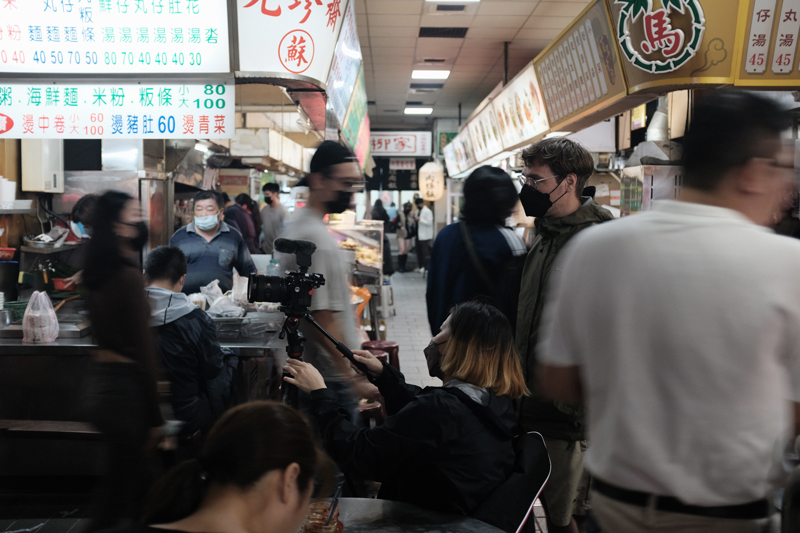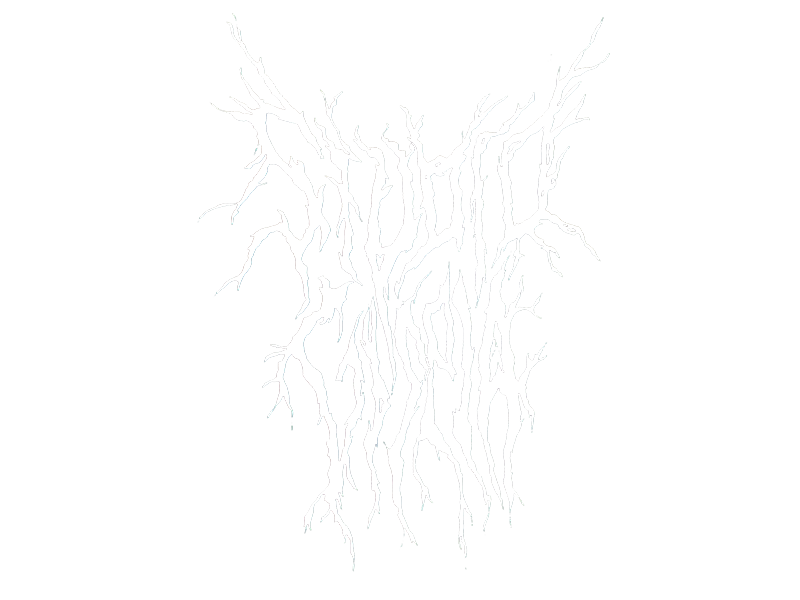Contested territories, daily life, an unknown destiny and elections.
An observation of the status quo of the Island, its people and the democratic process.
Filmed during countrywide local elections of mayors and legislatives between November 2022 and February 2023, “An Island” is a documentary about the people of Taiwan, living their lives alongside permanent threats from the outside. Spanning the whole island and the life of its people from the country-side to city-life, the film invites the viewers to immerse themselves into the daily life of this uncertain period.
Screenings
We are always looking for new venues and communities to share our film "An Island". Whether you're a cinema, festival, exhibition space or community group, we’d love to hear from you. contact us.
Crew
Pei-Chin Lee, leepeichin.com
Director, cinematography, editing, concept
Benjamin Franzki, profi-aesthetics.eu
Production, Camera Assistant, Concept
Hao-Ping Wu, haos.works
Sound recording, location management, DIT
Thomas Maier, tomacino.de
Colour Grading
Raphael Rasmus
Sound design, Sound mixing
Max Wanko, herold-studios.de
Mastering Engineer
Pascal Seifert
Concept illustrations

Directors Note
Why Taiwan?
Individual, state, democracy, autocracy. How do personal perspectives change through movement, exchange and encounters? Which path do you take at the crossroads?
Taiwan as we know it today came into being around 1946, after the Chinese Communist Party took control of the mainland and the national government fled to the island. Taiwan had been under Japanese rule until 1945, when Japan relinquished it. Since democratization started in the late 1980s, Taiwan has become known as Asia’s “model democracy.” It holds regular, transparent elections, and its vibrant political scene is largely dominated by two main parties.
The biggest divide between these parties lies in how they deal with China. The Democratic Progressive Party (DPP), which is in power, pushes for Taiwan's independence, while the Kuomintang (KMT) leans toward closer ties with China. This two-party system, much like in the U.S., stirs up intense rivalries between their supporters. On top of that, Taiwan’s political system is being challenged by disinformation and propaganda, much of which comes from China. Using "soft power," China is trying hard to influence Taiwan, with the ultimate goal of taking it over.
Hou Hsiao-Hsien’s movie City of Sadness captures some of this tension. The protagonist, Wen-Hsiung, says, “We islanders are the unhappiest—sometimes we’re Japanese, sometimes we’re Chinese. We’re used and abused by everyone, but loved by no one.” This sentiment reflects the complicated history that shapes Taiwanese identity. Taiwan has a long history of colonization, and it’s only recently that people have begun to develop a stronger sense of what it means to be Taiwanese. This identity is still evolving, blending influences from Chinese immigrants, long-settled families, and indigenous communities who are only now gaining overdue recognition.
When it comes to Taiwan’s relationship with China, generational differences really stand out. Younger people don’t feel connected to China at all and see no reason to have ties with its authoritarian government. Meanwhile, some older folks still remember the war and the flight from the mainland and carry romanticized memories of the homeland they left behind. These differing perspectives lead to real debates about Taiwan’s future—whether to hold onto traditional ideas tied to pre-communist China or to embrace a more modern, open, and inclusive society.
Living in Germany has changed how I see life in Taiwan. The longer I’m away, the more my homeland feels unexplored and undiscovered. From a distance, I’ve started to experience everyday rituals and traditions differently, gaining a fresh perspective on Taiwan’s technological and democratic progress. Taiwanese society is constantly seeking a balance—protecting individual freedoms while maintaining a level of social state control. This creates a unique sense of freedom and a relaxed lifestyle, even under constant surveillance and amid intense geopolitical pressures.
Why now?
Aggression, mediation, interaction, documentation—these are the themes that come to mind. How do we respond to major political events? What should be preserved, recorded, or deeply understood?
Russia’s war of aggression against Ukraine has heightened fears of a possible Chinese invasion of Taiwan. The war reveals the willingness of authoritarian regimes to upend established order. But it also offers hope—Europe’s solidarity against Russia suggests the potential for similar international support and sanctions should China attempt to invade Taiwan. This, in turn, might deter such an action from happening.
Still, the threat is very real. A Chinese occupation would drastically change Taiwan, replacing its democratic system with autocratic rule. As seen in Hong Kong, it would mean the end of freedoms such as freedom of speech, LGBTQ+ rights, and religious diversity. Universal human rights, which are fundamental in Taiwan today, would be dismissed, with every aspect of life forced to align with the Communist Party’s agenda.
This is a critical moment for Taiwan. Will the island, with international support, manage to stand firm against its powerful neighbor? Now is the time to document Taiwan—its people, its culture, its way of life. These stories matter, and capturing them today ensures that they won’t be forgotten, no matter what the future holds.





